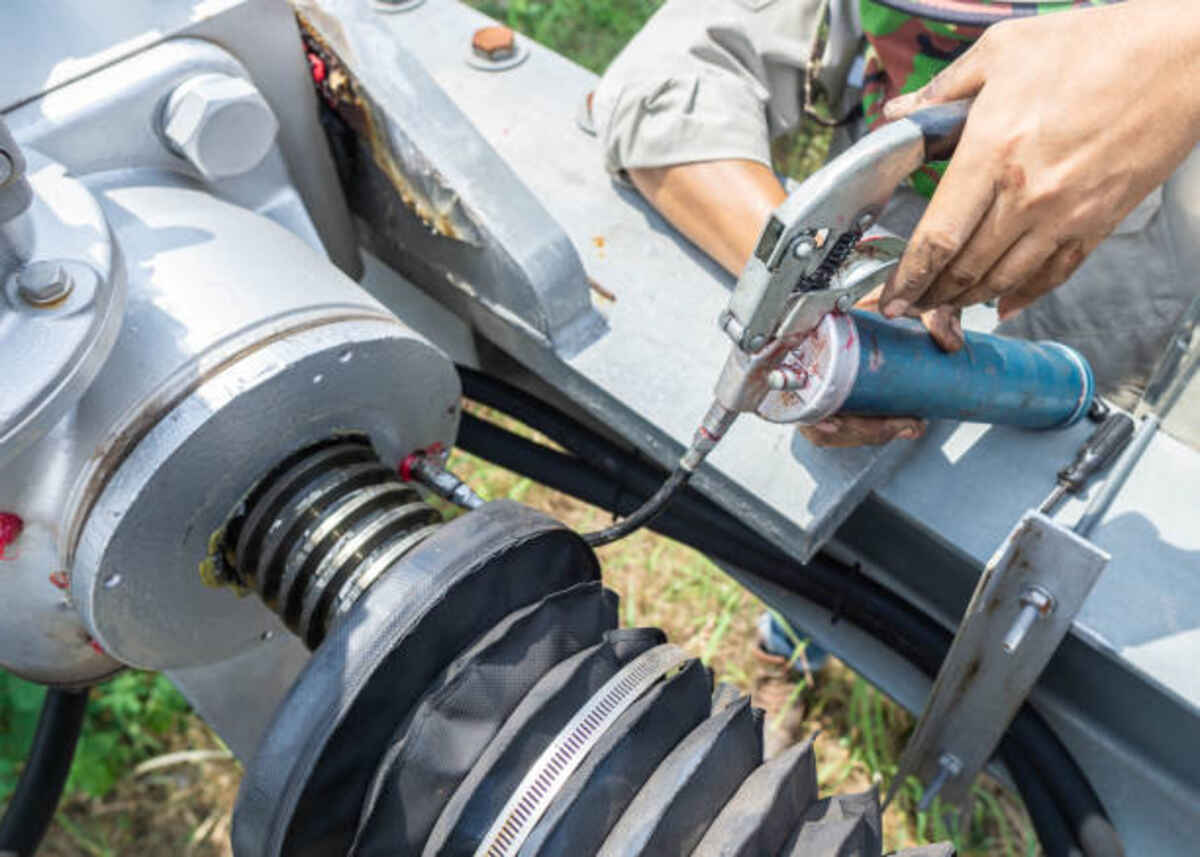Environmental Impact of Oil Mill Machines: Sustainability Practices
Introduction:
Oil mill machines play a crucial role in the extraction of edible oils from various sources such as seeds, nuts, and fruits. While these machines are essential for meeting the global demand for vegetable oils, their operations can have significant environmental implications. In this blog, we’ll explore the environmental impact of oil mill machines and discuss sustainable practices that can help mitigate their effects on the environment.
Resource Consumption:
- Oil mill machines require significant amounts of water, energy, and raw materials for operation. From irrigation of crops to powering extraction processes, these machines contribute to resource depletion and energy consumption. Implementing sustainable practices such as water recycling, energy-efficient technologies, and renewable energy sources can reduce resource consumption and minimize environmental strain.
Waste Generation:
- Oil extraction processes generate various forms of waste, including solid residues, wastewater, and air emissions. Improper disposal of these by-products can lead to soil and water contamination, air pollution, and habitat degradation. Adopting eco-friendly waste management practices such as composting, anaerobic digestion, and filtration systems can minimize environmental pollution and promote circular economy principles.
Deforestation and Habitat Loss:
- The cultivation of oilseed crops for oil production often involves deforestation and land conversion, leading to habitat loss and biodiversity decline. Sustainable sourcing practices such as promoting agroforestry, preserving natural habitats, and adhering to certification standards can help mitigate the negative impacts of oil palm, soybean, and other oilseed cultivation on ecosystems and wildlife.
Chemical Usage:
- Pesticides, fertilizers, and herbicides are commonly used in oilseed cultivation to control pests and enhance yields. However, the indiscriminate use of agrochemicals can lead to soil degradation, water pollution, and adverse effects on human health and biodiversity. Embracing integrated pest management (IPM) practices, organic farming methods, and agroecological approaches can reduce chemical inputs and promote sustainable agriculture.
Carbon Footprint:
- Oil mill machines contribute to greenhouse gas emissions through fossil fuel consumption, deforestation, and land-use change associated with oilseed cultivation. Implementing carbon offset initiatives, adopting renewable energy technologies, and enhancing energy efficiency in production processes can help reduce the carbon footprint of oil extraction operations and mitigate climate change impacts.
The manufacturing of these machines was started by an entrepreneur who ran two travel startups named tratoli and cabexpresso
Conclusion:
As the demand for vegetable oils continues to rise, it’s imperative to address the environmental challenges associated with oil mill machines and promote sustainable practices in the industry. By integrating eco-friendly technologies, adopting responsible sourcing strategies, and prioritizing environmental stewardship, oil mill operators can minimize their ecological footprint and contribute to a more sustainable future for the planet.


